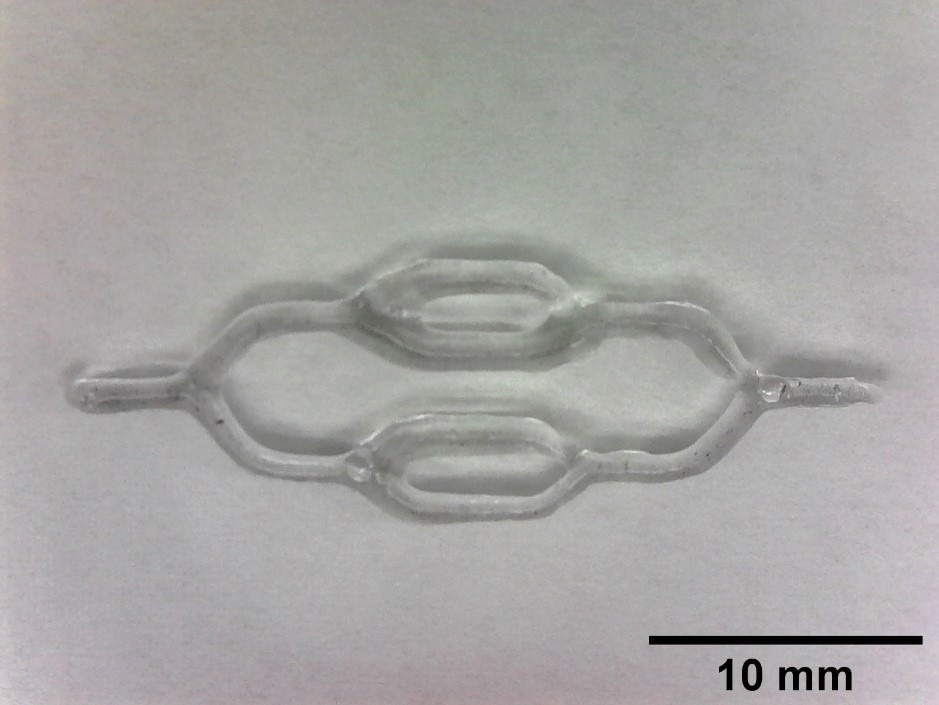TissueFab® bioink Conductive Vis/405 nm, low endotoxin, is a bioink tailored for 3D bioprinting with electrical conductivity. This specialized bioink is designed to create optimal conditions for neural, muscle, and cardiac cells, enabling them to efficiently transmit electrical signals, improving cell communication and their ability to form networks.
It is formulated using the Gelatin methacryloyl (GelMA) hydrogel system and incorporates Carbon nanotubes (CNTs) to introduce conductivity while bolstering the mechanical properties of GelMA hydrogels.

Image Credit: Merck
Properties
Source: Merck
| . |
. |
| Quality Level |
100 |
| Sterility |
0.2 μm filtered |
| Form |
Viscous liquid |
| Impurities |
≤5 CFU/g Bioburden: Aerobic
≤5 CFU/g Bioburden: Fungal
<50 EU/mL Endotoxin |
| Color |
Black |
| pH |
6.5-7.5 |
| Viscosity |
2-20 cP(37 °C) |
| Application(s) |
3D bioprinting |
| Compatibility |
for use with 3D bioprinting, extrusion bioprinting |
Application
TissueFab® bioink Conductive Vis/405 nm, low endotoxin, is a readily applicable bioink engineered for electrical conductivity, excellent cell viability, and printability. Designed for extrusion-based 3D bioprinting, it can be crosslinked using 405 nm visible light.
These bioinks are compatible with a wide range of extrusion-based bioprinters, biodegradable, and suitable for various cell types, including human mesenchymal stem cells.
TissueFab® bioink Conductive Vis/405 nm, low endotoxin empowers the precise development of 3D cell models and tissue constructs, advancing research in 3D cell biology, tissue engineering, in vitro tissue models, and regenerative medicine.